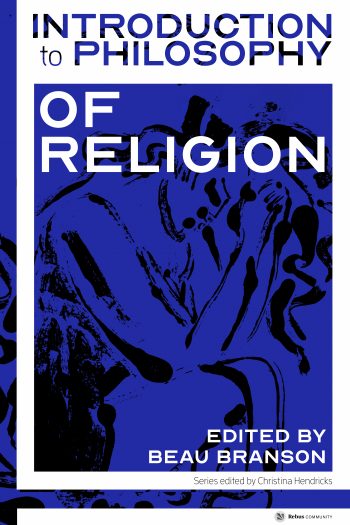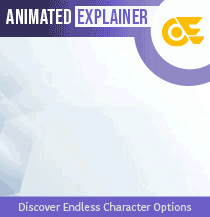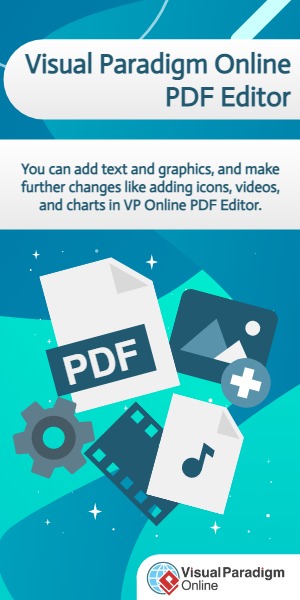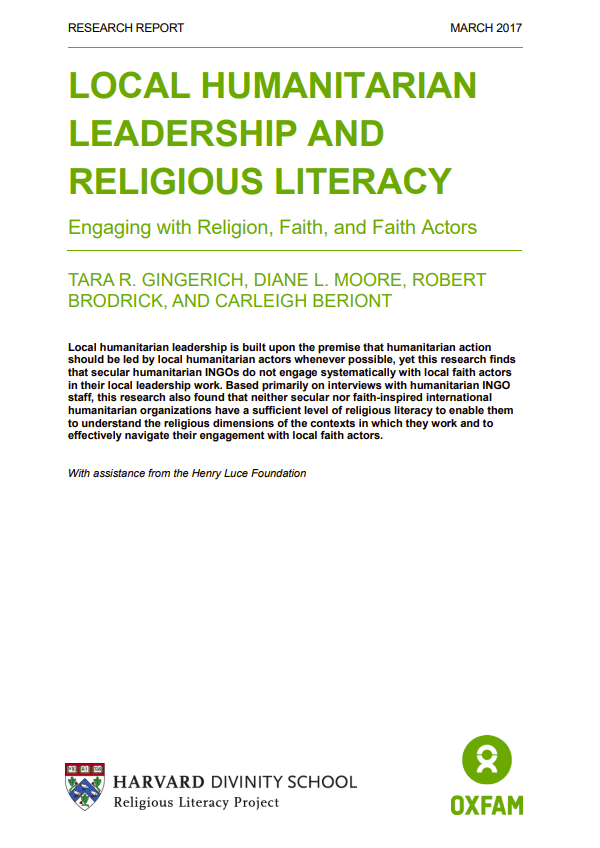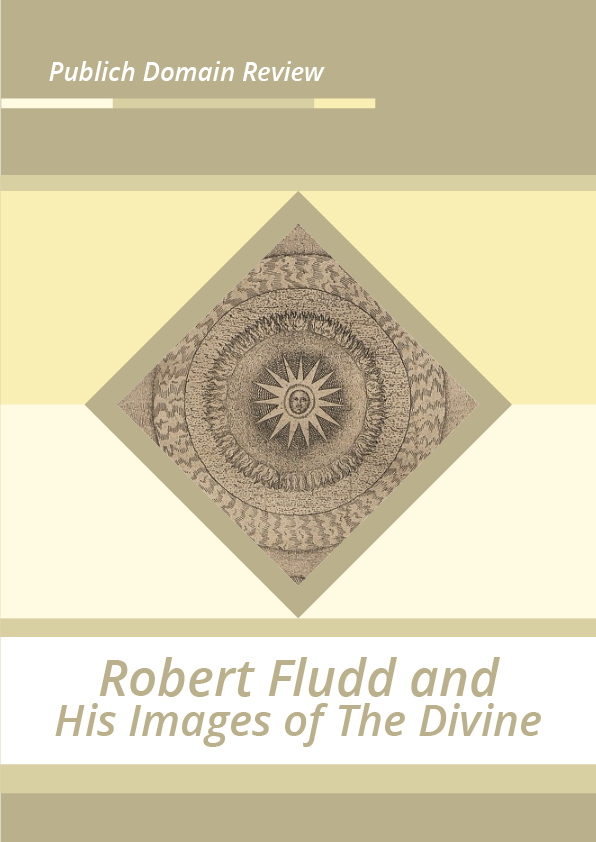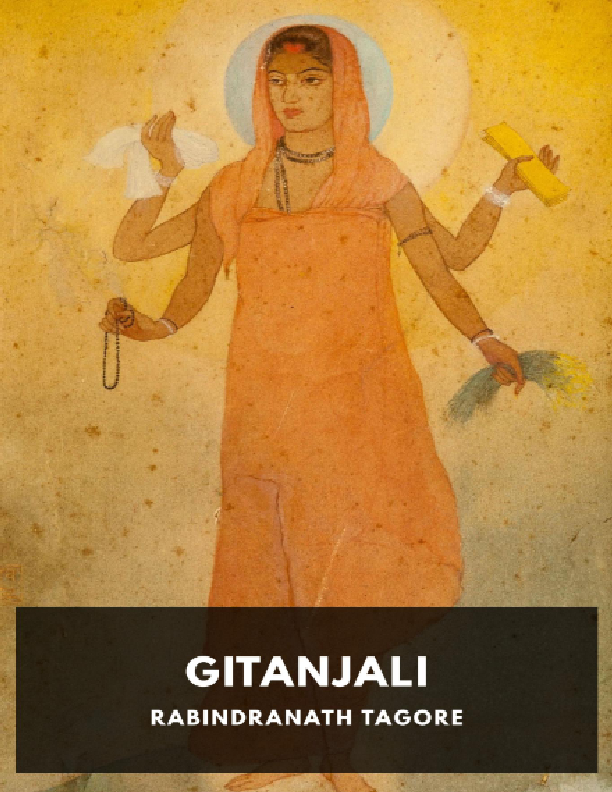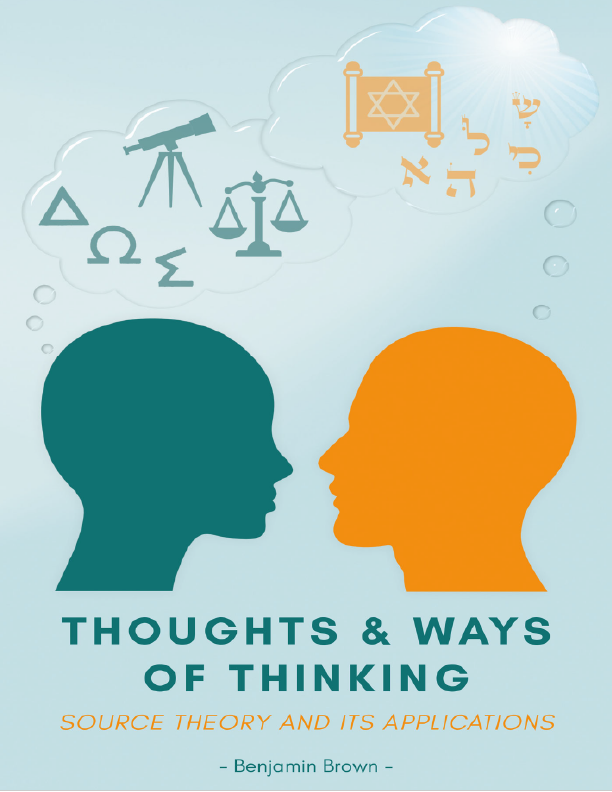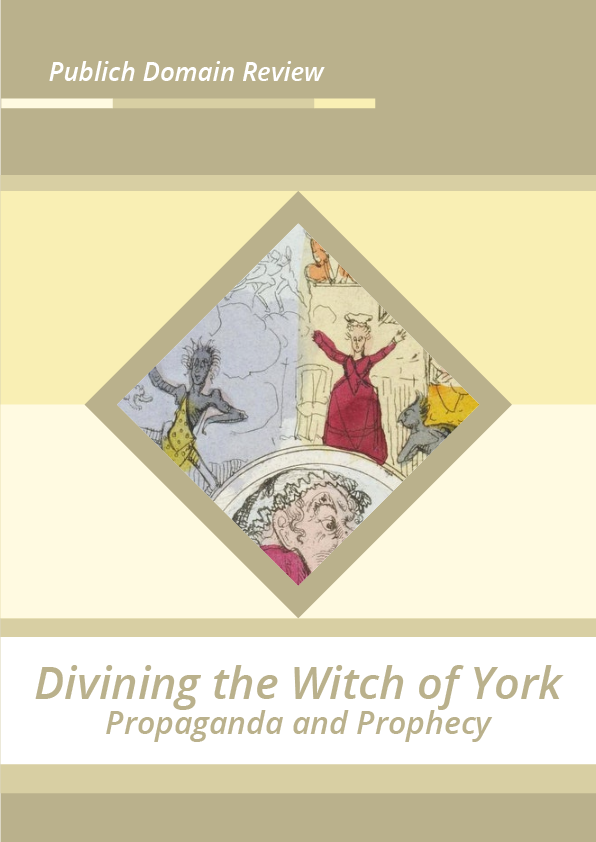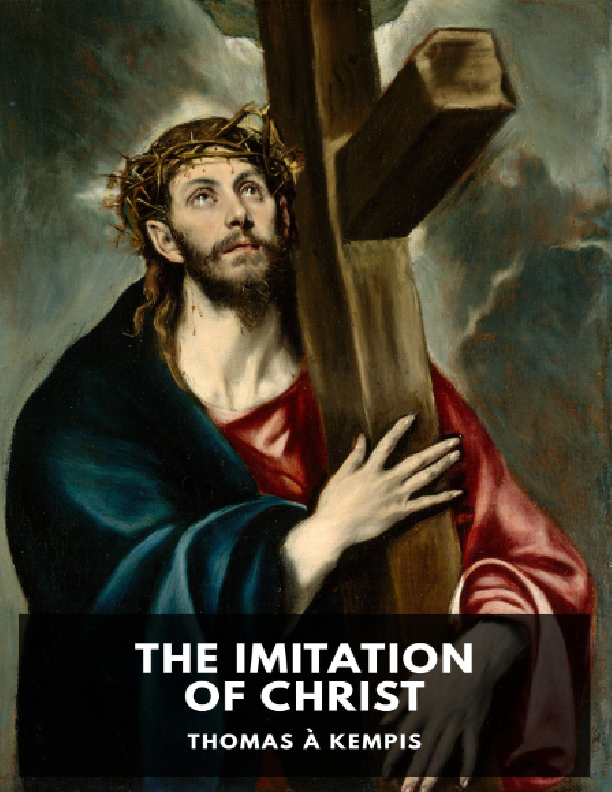This book is part of the Introduction to Philosophy open textbook series, a set of nine (and counting?) open access textbooks that are designed to be used for introductory-level, survey courses in philosophy at the post-secondary level.
OVERVIEW OF THE SERIES
This set of books is meant to provide an introduction to some of the major topic areas often covered in introductory-level philosophy courses. I have found in teaching students new to philosophy that many struggle with the new ideas, questions, and approaches they find in introductory courses in philosophy, and that it can be helpful to provide them with texts that explain these in relatively straightforward terms.
When I began this project there were few textbooks that I was happy enough with to ask students to purchase, and even fewer openly licensed textbooks that I could pick and choose chapters from, or revise, to suit my courses. This series was created out of a desire to provide such resources that can be customized to fit different contexts and updated by instructors when needed (rather than waiting for an updated version from a publisher).
Each book is designed to be accessible to students who have little to no background in philosophy, by either eliminating jargon or providing a glossary for specialized philosophical terms. Many chapters in the books provide examples that apply philosophical questions or concepts to concrete objects or experiences that, we hope, many students are familiar with. Questions for reflection and discussion accompany chapters in most of the books, to support students in understanding what to focus on as they are reading.
The chapters in the books provide a broad overview of some of the main discussions and debates in the philosophical literature within a topic area, from the perspective of the chapter authors. Some of the chapters focus on historical approaches and debates, such as ancient theories of aesthetics, substance dualism in Descartes, or classical utilitarian versus Kantian approaches in ethics. Others introduce students to questions and topics in the philosophical literature from just the last few decades.
The books currently in production for the series are:
- Aesthetics (Ed. Valery Vinogradovs and Scott Clifton): chapters include ancient aesthetics; beauty in art and nature; the nature of art; art and emotions; art and morality; aesthetics and politics
- Epistemology (Ed. Brian Barnett): chapters include epistemic justification; sources of knowledge; skepticism; epistemic value, duty, and virtue; epistemology, probability, and science; social epistemology; feminist epistemologies
- Ethics (Ed. George Matthews): chapters include ethical relativism; divine command theory and natural law; ethical egoism and social contract theory; virtue ethics; utilitarianism; Kantian Deontology; feminist ethics; evolutionary ethics
- Logic (Ed. Benjamin Martin): chapters include what is logic?; evaluating arguments; formal logic; informal fallacies; necessary and sufficient conditions
- Metaphysics (Ed. Adriano Palma): chapters include universals; finitism, infinitism, monism, dualism, pluralism; the possibility of free action; experimental metaphysics
- Philosophy of Mind (Ed. Heather Salazar): chapters include Descartes and substance dualism; behaviourism and materialism; functionalism; qualia; freedom of the will
- Philosophy of Religion (Ed. Beau Branson): chapters include arguments for belief in God; reasons not to believe; arguments against belief from the cognitive science of religion; from philosophy of (mono)theism to philosophy of religions
- Philosophy of Science (Ed. Eran Asoulin): chapters include empiricism; Popper’s conjectures and refutations; Kuhn’s normal and revolutionary science; the sociology of scientific knowledge; feminism and the philosophy of science; the problem of induction; explanation
- Social and Political Philosophy (Eds. Sam Rocha and Douglas Giles): chapters include the ideal society; the state of nature and the modern state; human rights, liberty, and social justice; radical social theories
We envision the books as helping to orient students within the topic areas covered by the chapters, as well as to introduce them to influential philosophical questions and approaches in an accessible way. The books may be used for course readings on their own, or in conjunction with primary source texts by the philosophers discussed in the chapters. We aim thereby to both save students money and to provide a relatively easy route for instructors to customize and update the resources as needed. And we hope that future adaptations will be shared back with the rest of the philosophical community!
